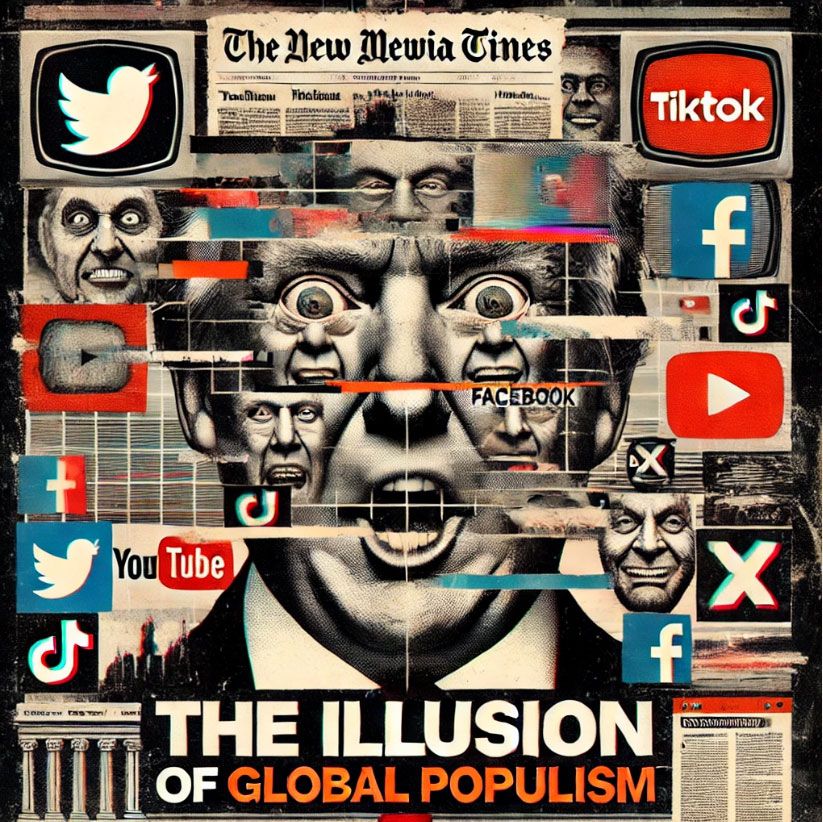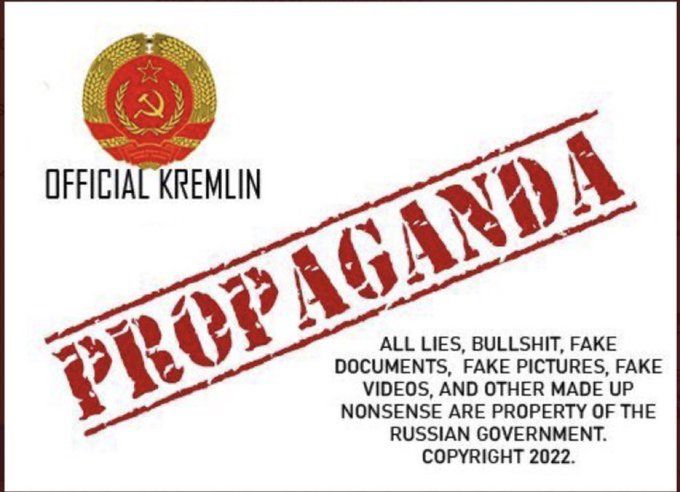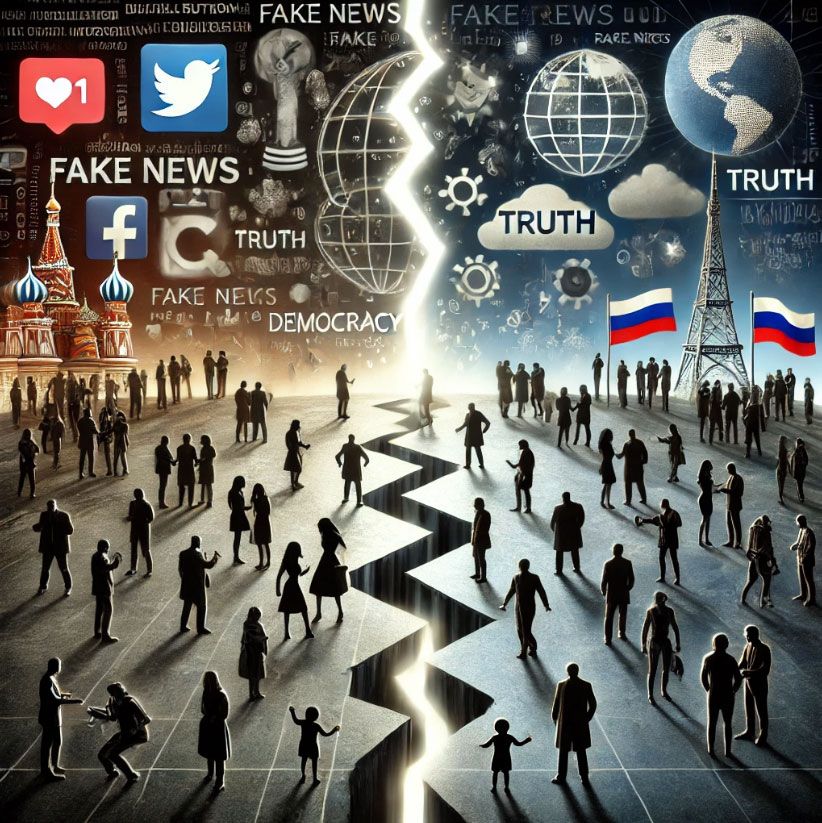Populism: A Manufactured Threat?
Populist movements thrive on creating an "us vs. them" mentality, often claiming to represent the "common people" against corrupt elites. This narrative appeals to people because it simplifies complex issues, offering clear villains and easy solutions.
In times of economic uncertainty or cultural change, these messages resonate with those feeling left behind or ignored by traditional political systems. However, research shows that public opinion on key issues like immigration and globalization hasn't shifted dramatically in favor of populist ideas.
Many populist policies are far less popular than their media coverage suggests.
- Media Amplification: Sensational coverage makes populist leaders seem more influential than they are. Controversy drives clicks and ratings, giving disproportionate attention to fringe ideas and amplifying their perceived importance.
- Elite Strategy: Political elites and parties sometimes adopt populist rhetoric to manipulate public perception and secure power, even when they lack genuine grassroots support.
- Fragmented Opposition: Weak and divided political opposition allows populist leaders to gain power without widespread voter backing.
- Manufactured Crises: Populist leaders often create or exaggerate crises to justify extreme measures and rally supporters, distracting from their own governance failures.
- Stable Public Opinion: Surveys reveal that public sentiment on immigration and economic policies has remained steady over the years, contradicting the belief that populist ideas have overtaken mainstream opinion.
- Digital Echo Chambers: Algorithm-driven social media platforms prioritize sensational and divisive content, often amplifying fringe populist voices far beyond their actual support base.
Global Examples of Inflated Populism
Populism's perceived strength varies widely across countries, often amplified by media narratives and political strategies rather than genuine public support.
Below are key examples of how this illusion of populist dominance manifests globally:
- United States: Donald Trump's rise was driven more by partisan loyalty and media amplification than genuine populist ideology. His success hinged on narrow electoral victories rather than broad public support, highlighting how media focus exaggerated his political mandate.
- United Kingdom: Brexit was portrayed as a populist triumph, but media hype inflated the level of public support behind it. The complexity of the issue was reduced to simple slogans, masking the divided and uncertain public opinion.
- Brazil: Jair Bolsonaro's ascent was fueled by elite backing and media support rather than widespread popular demand. His controversial policies and rhetoric gained disproportionate attention, overshadowing the divided support among voters.
- Hungary: Viktor Orbán consolidated power by weakening democratic institutions and exploiting fragmented opposition, not through broad voter enthusiasm. His media control and legal reforms masked the limits of his popular mandate.
- India: Narendra Modi's nationalism is more tied to elite-driven politics than to grassroots populism.
- Italy: Matteo Salvini's anti-immigration rhetoric gained disproportionate media attention, overshadowing significant political resistance.
- Sweden, Denmark, Norway: Populist parties have grown despite pro-immigration public sentiment, highlighting media amplification over actual support.
- Switzerland: Despite having a strong populist party, Swiss citizens generally express high trust in their government, undermining the populist narrative.
- Spain: The rise of Vox was amplified by media coverage, despite limited widespread backing.
- Belgium, Ireland, Portugal: Despite public dissatisfaction, populist movements have struggled to gain real traction in these countries.
How This Affects You
Understanding how populism is exaggerated globally is important because it directly shapes how we respond to political challenges at home.
Believing in the unstoppable rise of populism can have real consequences:
- Erodes Democratic Engagement: If people believe populism is inevitable, they may disengage from political participation, making it easier for authoritarian figures to consolidate power.
- Amplifies Extremism: Media and political focus on fringe voices can normalize extreme views, even when they lack broad support.
- Distracts from Real Issues: Focusing on the populist "threat" overshadows more serious problems like corruption, inequality, and attacks on democratic institutions.
- Undermines Global Cooperation: Overstating populist influence leads to weakened international alliances, impacting global efforts on climate change, economic stability, and security.
Why This Matters Now
The illusion of a populist wave distracts from the true threats to democracy—such as systemic corruption, authoritarian governance, erosion of judicial independence, and the spread of misinformation—which can quietly dismantle democratic institutions and civil liberties.
Leaders exploiting democratic systems, spreading misinformation, and undermining checks and balances pose a far greater danger. Recognizing this allows us to focus on defending democratic values effectively.
What Can You Do?
- Question Media Narratives: Seek out balanced reporting and be critical of sensational headlines. BBC and Reuters offer fact-based coverage.
- Stay Politically Engaged: Vote and support policies that strengthen democratic institutions.
- Challenge Extremism: Don't amplify fringe ideas. Focus discussions on constructive, fact-based dialogue.
- Support Independent Media: Fund outlets that prioritize truth over sensationalism.
- Strengthen Media Literacy: Educate yourself and others on identifying misinformation. Resources like MediaWise can help.
Conclusion
While populism appears to dominate global politics, its influence is often overstated due to media amplification and political manipulation.
Recognizing this distortion allows us to focus on addressing the real threats to democracy. Media hype, elite manipulation, and fragmented opposition make these movements appear stronger than they are.
Understanding this helps us focus on the real threats to democracy and empowers us to take meaningful action.
















